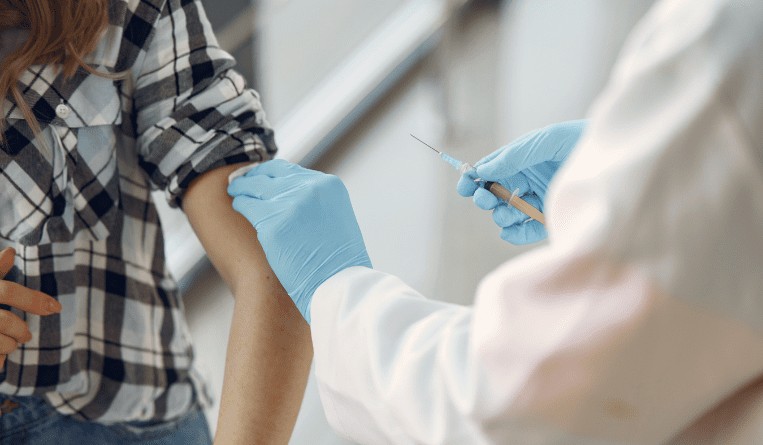WTO ready for talks on proposal to waive patent rights on Covid-19 products
21 June 2021

Members of the World Trade Organization (WTO) have decided to begin text-based negotiations on the proposed patent waiver for drugs, vaccines and devices in connection with Covid-19, a proposal now backed by the United States.
India and South Africa submitted the proposal for a temporary waiver on intellectual property rights to the WTO in October 2020 in a bid to increase drug and vaccine production globally to help fight the pandemic.
The proposal has been revised since, with 62 co-sponsors submitting the new version to the WTO in May 2021. It suggests that the waiver be in effect for at least three years beginning on the date of the WTO decision.
“We agree with the patent waiver launched for Covid-19 vaccines in principle,” said Sneha Agarwal, principal associate at Obhan & Associates in New Delhi. “Equitable vaccine distribution is essential for ending the current pandemic. Also, it is impossible to end this pandemic as long as it exists anywhere in the world. Therefore, it is great to see that all the world leaders are coming together in this manner.”

“We expect the present patent waiver discussion at WTO to establish guidelines/ framework for global collaboration on equitable sharing of resources and technology, not only for Covid-19 but also for any future emergency relating to the environment, health, nutrition or food safety,” said Charul Yadav, a partner at Obhan & Associates in New Delhi.
Though vaccination initiatives are now being rolled out around the world, a huge gap exists between the rich and poor countries in terms of vaccine distribution. According to WHO Director General Tedros Adhanom Ghebreyesus, of the over 1 billion doses delivered globally, more than 80 percent was allocated to high-income nations. Those in the low-income bracket got only 0.3 percent of the total doses.
However, Agarwal and Yadav added that the patent waiver, by itself, is not the only solution to the problem of vaccine shortage and unequal distribution.
“Patent waivers are only a first step in achieving vaccine equity. Even if the patent rights are temporarily waived, the innovator companies are not obligated to share the technical know-how. Most of the countries and even the Trade-Related Aspects of Intellectual Property Rights provide for a compulsory license or limited exceptions to patent rights in certain conditions,” Agarwal explained.
Citing the Indian Patent law, Agarwal said it provides for compulsory licensing under Section 84 and Section 92.
“Patents are not the only bottleneck as of now as far as vaccine equity is concerned. Vaccine production involves complex processes. Most of the developing countries do not have the infrastructure and technical know-how to replicate these processes. To increase the access to vaccines, we also need voluntary licensing, technology transfer, availability of raw materials, infrastructure for manufacturing of vaccines and sharing of vaccines. Thus, we need global collaborative efforts to ensure equitable access and distribution of resources to tackle the pandemic,” Yadav said. “Without addressing these issues, waiver of patent rights will be meaningless and shall fail to increase the production of vaccines.”
After the submission of the revised proposal, the European Union handed over a counter proposal for a multilateral agreement on raising vaccine production via licensing and elimination of export restrictions instead. Great Britain, Switzerland and South Korea support the counter proposal.
The WTO members are expected to come out with a report by July 21-22, 2021.
Espie Angelica A. de Leon






